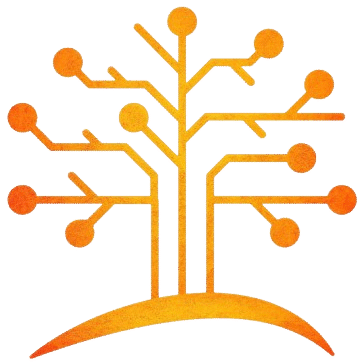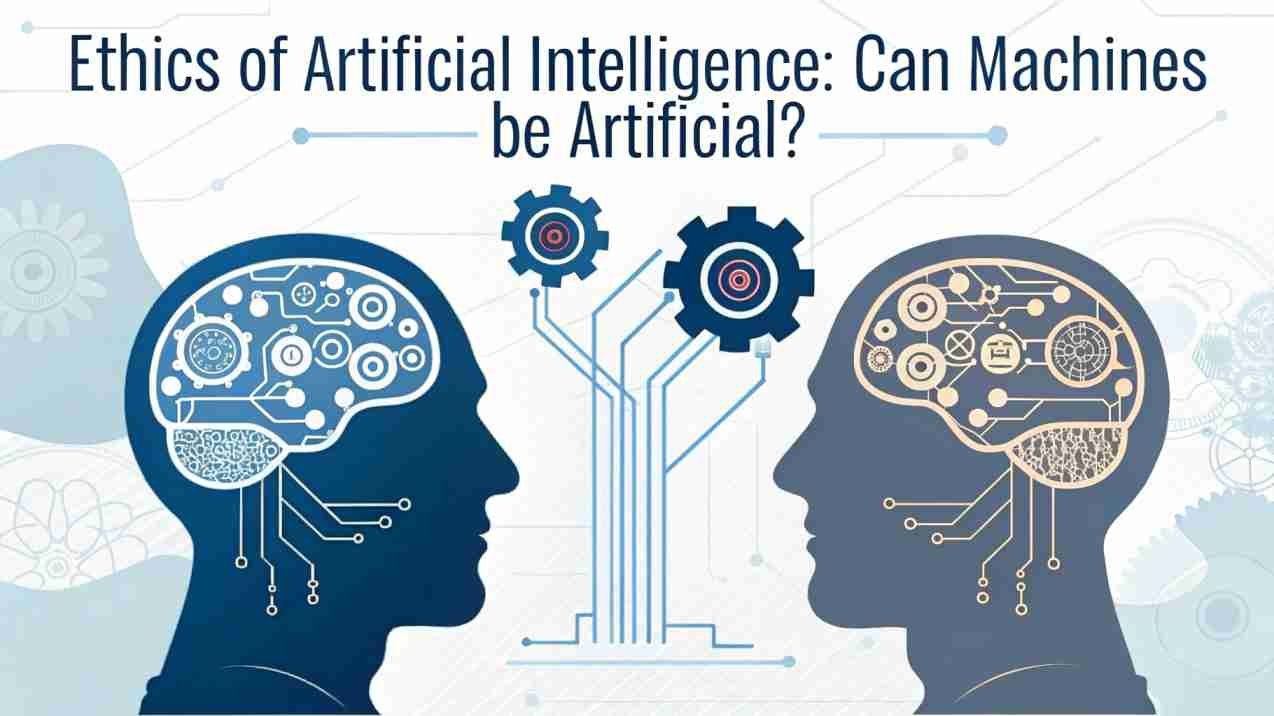Ethics of Artificial Intelligence: Can Machines be Artificial?
Artificial Intelligence (AI) is transforming our world in a faster way. Such applications as smart assistants, self-driving cars, and many more are now a part of our life. However, as machines become more intelligent, individuals are now raising an important question; Can machines be morally or fair in their decisions? This is the question that lies behind so-called AI ethics.
What Is AI Ethics?
AI ethics relates to training machines to make ethical and just decisions. AI systems require guidelines just as human beings are guided by rules and values. To give an example, an AI implemented in hospitals must assist physicians in making the most appropriate decisions on behalf of patients, not the quickest or the most cost-effective ones.
The ethics of AI can also be described as the absence of harm or the safeguarding of privacy, as well as the ability to treat people equally. However, this is not always the case, since machines are taught what data teaches us and this data can be unjust at times.
The Problem of Bias
Bias is one of the largest challenges of AI. This occurs when data on which an AI is trained is not skewed or equal. As an illustration, when a hiring AI is presented more data of men than women, it may select men more frequently. Or even in case a facial recognition software is conditioned largely on light-skinned faces, then it may fail to identify darker-skinned individuals appropriately.
Such errors are not intentional, but rather, because AI will learn through humans, humans are not flawless. This is the reason why currently scientists and engineers are dedicated to ethical design in order to ensure that the AI is fair to all.
Privacy and Trust
One more enormous question is on privacy. Artificial intelligence gathers massive amounts of personal data, such as search information, location, purchases, etc. This assists businesses to know better the users, yet it might seem to the user as an infringement of privacy. The questions that people are asking themselves are: who is controlling this data and how are they using this data.
Trust should be established by being truthful on the functioning of AI as well as ensuring the privacy of the information the users have.
Who Decides What’s “Right”?
AI does not have feelings or morals as human beings do. It is not aware of what goodness or integrity is, it just follows rules and patterns. Thus, it is a large task of the people who work on the design and programming of AI. They have to make a decision that is correct and just to all.
Developing a Responsible Future.
It is not aimed at preventing AI, but to ensure that it is responsible. Nowadays, AI ethics is taught in governments, companies, and schools and global rules are being formed. With such efforts, we will be able to ensure that machines serve the human kind rather than destroying it.
When we design AI fairly, respectfully, and honestly, then technology can indeed transform the world to be much better place, to all.

